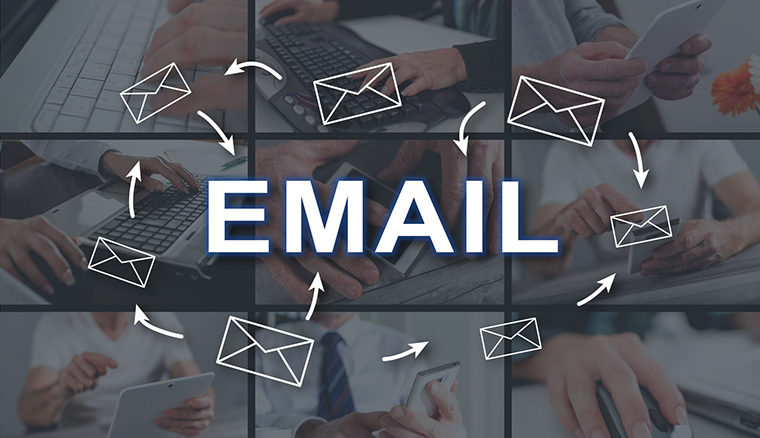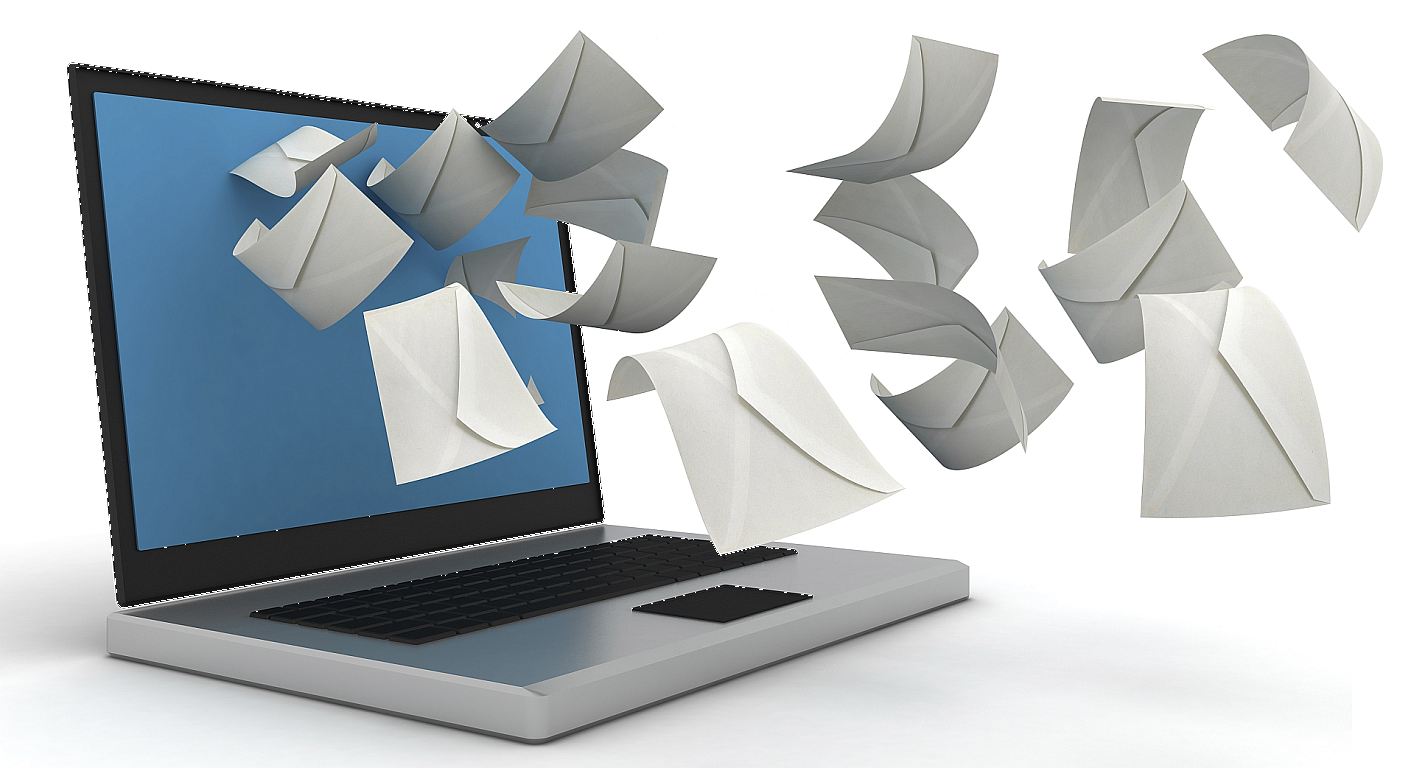Email is a very important means of communication in business, it is convenient, fast and less intrusive than a phone call, it also allows us to do our jobs from almost anywhere, however, when using email management incorrectly, email can harm productivity, how? Read on.

Email Management
Email management helps manage the large quantities of emails received by the organization, starting from organizing, prioritizing and responding effectively to emails, saving time and increasing productivity.
Having a system for your email organization improves its efficiency, minimizing its negative impact on yourself, your teams and your business, through many email management tools you can use.
Benefits of Email Management:
Successful email management affects the success of your business by reaping a range of lists, some of which we have collected for you:
1. Reduces chaos
The email management system helps you sort out incoming emails and get rid of email distractions instantly, just arrange everything and categorize it either by topic or level of importance, and by doing so, you save yourself from the pressure of the chaos of hundreds of emails.
2. Saving time
Email management allows you to save time that is usually wasted in your inboxes And with correct email management, it becomes easier to focus on important tasks than on emails And better email management allows better organization of important information, Thus, instead of searching the crowded inbox without evidence, We recognize the importance of email management when we don't waste any time searching for important emails.
3. Increased productivity
Email management can have a real impact on productivity, and due to the ease of finding important emails, less time is wasted searching for them, so, it is possible to complete tasks sooner rather than later, through your email management, and some email customers also allow you to set up an option "Do not disturb" during work, this is an option that can help you continue to focus, and thus be better productivity.
4. Reduce the operation of notifications
Email management allows you to reduce and even stop running notifications. When notifications are minimized, you can simply follow the task in your hands, and this allows for better focus and ability to complete tasks quickly.
Switching off notifications means you can focus on finding a new supplier on time, and when finished, you can move on to dealing with demand. In return, multitasking can lead to a 40% drop in productivity, so try not to do two things at once, so focus on your current task and meet deadlines.
How does email management tame the inbox?
A range of instructions have been taken to follow in order to manage your email effectively, including:
1. E-mail processing at a specified time every day
How many times a day do you check email? Perhaps more than you think, it's tempting to switch between your email box and any other work you do, but if you turn your attention to your email, it will take a while for your mind to refocus on what you were originally doing (this is known as the "switch cost").
So instead of looking at your email several times a day, set one time each day to process all your emails, in this way, you won't interrupt a more productive task "to look at your inbox," in addition, you will avoid stalling in the email and allowing the backlog of unanswered messages.
2. Archive or delete messages when finished
It is easy to treat your inbox as an archive, but this is what leads to crowded inbox, your inbox must be for items you need to take action on, once you take action, delete or archive the message in question.
3. Unsubscribe from newsletters and marketing messages
Archiving and deleting messages is a key factor in keeping incoming mail clear But you should also take steps to reduce the number of messages that reach your inbox in the first place, Marketing messages and newsletters are perhaps one of the largest sources of junk inbox And, certainly, some of these messages are valuable and worth keeping, but if you find yourself constantly deleting/archiving the same messages without reading them, this is a sign you should unsubscribe from.
4. Do not use your inbox as a task manager
Using your inbox as an archive is bad, but using it as a task manager is worse, it's easy to get caught up in this problem, as it's easy to get rid of, just you have to use the to-do list, in managing your email box.
5. Delete
Sometimes people have difficulty determining whether to archive or delete messages, to fix this, a simple rule has been made, if you ever think you'll need something from messages again, just put it in the archive, modern email software has so much storage space, that it's unlikely to fill the archive.
6. Create labels and folders
One way to streamline e-mail management is through organization, including the preparation of ratings, folders and categories, for example, someone in finance may need multiple volumes, one for invoices, one for reimbursement, and so on, the solution is to prioritize, assemble and sort e-mails into categories.
7. Find out when you send emails
E-mail management relates to the type and volume of emails you send as far as the type and volume of e-mails received are concerned, So if you want to receive fewer emails send fewer emails, one way you can send fewer emails in choosing the conversations you want to have via email and the conversations you want to have via call.
Conclusion:
Email management has become a very important part of working life. Allowing optimal connectivity and great organization of messages and documents is crucial, and if you want your business to thrive, you need to have great control over all your emails.
Important Topics
Reference
1. << Email Management Software Market Insights Report 2023-2030 >>, Benzinga
2. << How to make a mailing list in Gmail for business use >>,

Add New Comment